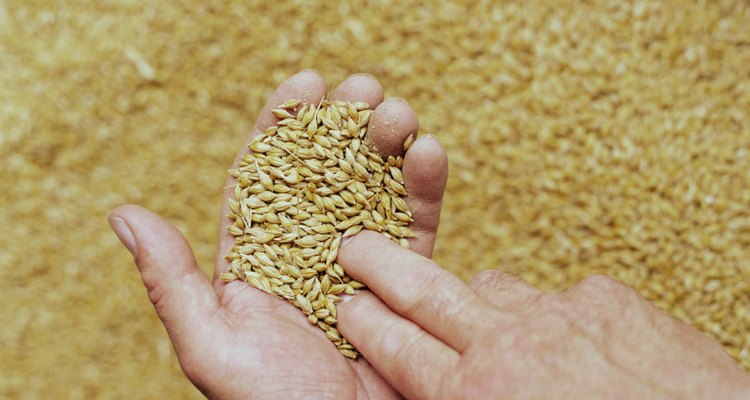
Digital Vision/Photodisc/Getty Images
Fermentation is the process of breaking down sugars into alcohols using beneficial bacteria. Fermenting whole grains helps break down the tough outer hulls, making the grains easier to digest. In addition, the fermentation process produces beneficial gut flora, or probiotics, which help aid overall digestion and the maintenance of a healthy immune system. Grains can be fermented using bacteria from other fermented or cultured foods or from "wild" bacteria found in the air.
Starting From Scratch
Sourdough bread and beer may be two of the most widely known products made from fermented grains. Both are made from a starter, a base of grains that is produced when beneficial wild bacteria found in the air make their way into the moist grains and begin their job of digesting sugars, turning them into yeasts and acids.
To ferment grains from scratch or create your own starter, simply cover the grain with de-chlorinated water and let stand, uncovered, at warm room temperature for 24 hours. Depending on the grain and the intended final product, the grain is drained and left to incubate for a period of time, usually from 2 days to 2 months, or the grain can be cooked and eaten immediately. The longer it is incubated or stored, the more fermentation occurs.
Starting With a Starter
Starters contain large amounts of hungry, beneficial bacteria. Starters are created from fermenting foods using wild bacteria. When added to grains, the bacteria already present in the starter batch begin devouring the starches in the fresh grain immediately, hastening the fermentation process. In addition to adding your own homemade starter to grain, you can infuse the cereal with bacteria-rich kefir, whey, yogurt, kombucha or other fermented food. These foods hasten the fermentation process and produce a cultured grain faster than starting from scratch.
Beneficial Beer Bellies
Grains, such as malt and barley, give off gases when yeast begins digesting the sugars in the food. This reaction turns the sugars into alcohol, a process necessary for brewing beer and making wine. When fermenting grains for beverages, yeast is often used to begin the chemical process. Soaking the grains in liquid and inoculating the mixture with yeast spores for a given period of time at a specified temperature produces a fermented brew containing alcohol.
Faster Fermentation
While bacteria begin the fermentation process by breaking down the outer hull of the grain, you can increase the speed of fermentation by grinding or hulling the grain prior to soaking. The bacteria then have easier access to the sugary starches in the kernel of the grain and can begin the transformation sooner.
Related Articles

Does Heat Kill Lactobacillus Bacteria ...

Bulgar Wheat Vs. Couscous

Does Yeast Turn Juice to Alcohol?

A List of Foods Containing Microbes

How to Soak Amaranth
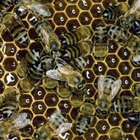
What Causes Honey to Ferment?

What Type of Microorganism Is Used to ...
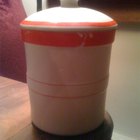
How to Make a Bread Starter
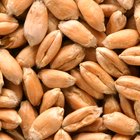
How to Cook Soft Wheat Berries
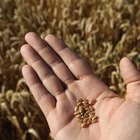
How Is Wheat Processed?

Can You Get Sick From Baking Bread With ...
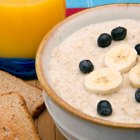
How to Eat Buckwheat Raw

Can I Freeze Wheat Berries?
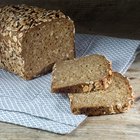
The Benefits of Essene Bread
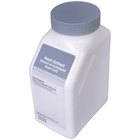
How to Grow Bread Yeast

Types of Bacteria in Wine
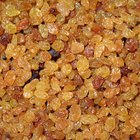
How to Prepare Water Kefir to Drink

How to Make Homemade Beer Yeast
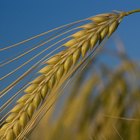
How to Use Dry Malt Extract
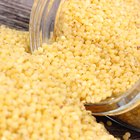
How to Ferment Whole Grains
References
Writer Bio
When not working in her family-owned food and bar business, Viola Horne can almost always be found with a cookbook in one hand and a whisk in the other. Horne never tires of entertaining family and friends with both comfort food and unusual delicacies such as garlic cheese smashed potatoes and banana bacon pancakes.
Photo Credits
Digital Vision/Photodisc/Getty Images